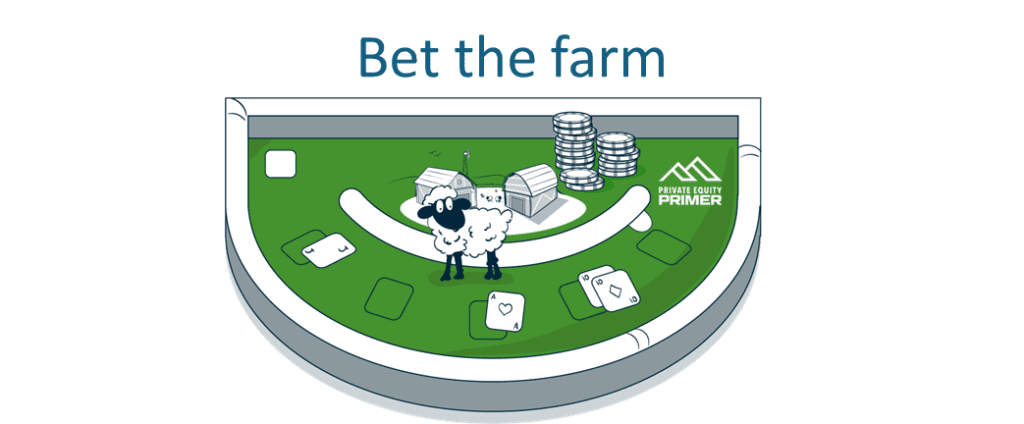Learning To Think In Bets

For those seeking to think more probabilistically and enhance your decision making skills, we summarized Thinking in Bets.
This book on decision-making is authored by world champion poker player Annie Duke, whose career in poker won her over $4 million dollars in paid tournaments. Duke uses examples from poker, of course, but also sports, business, and politics to advise readers in the practice of deliberate and intelligent decision-making despite uncertainty. Duke posits that moving away from a reliance on certainty and thinking in terms of odds and probabilities can train people to make good decisions in situations where all the information may not be available. The strategy behind Thinking in Bets helps individuals assess their decisions without impulsive or emotional reactions and builds calm, confident decision-making skills, which are just as necessary in personal life as in the professional world.
Key Takeaways:
- Leverage Bayesian thinking to optimize the decisions one makes based on new information. Duke says life and most professional settings are a lot like poker insofar as new information is turned over in things like negotiations or new product releases. Each action by an actor produces new information, some of which can be ignored and some of which changes our understanding of how the hand should be played. To make better decisions, Duke claims, process new information and ask if it changes the probability of you being right or wrong. If so, ask how that informs your next action.
- Decision-making can be optimized through deliberate practice. Deliberate practice—a favorite topic at Private Equity Primer—is a style of learning that uses feedback to systematically improve. Deliberate practice is used by weightlifters when they breakdown, say the deadlift to discrete and repeatable phases that individually can be practiced and then strung together into one act. In Duke’s work, she talks about finding a community of practitioners who are willing to engage in painstakingly dissecting the decisions and actions of your craft in order to identify areas of transition to deliberately practice. A community can help an individual identify his or her own biases and common pitfalls.
- Skin in the game. Having a personal investment, aka skin in the game, often improves decision making. A level of personal investment can heighten an individual’s awareness of his or her choices and encourage deliberate practice to get better.
Considerations for M&A Professionals:
- Think in terms of odds and probabilities. People are not computers. So, this is not always intuitive. Instead, maybe ask yourself, “How much conviction do I have around that?” Ask yourself what type of risk this decision is, or how you may be able to eliminate or control downside risk in critical underwriting decisions.
- Test your convictions. Once you’ve established your level of conviction, test it by asking yourself how much weight you are putting on any given data and the alternatives if the data is wrong. Add stakes to your decision to test your conviction; ask, “Would I bet next month’s rent on that, or a promotion, or drinks tonight at the bar?
- Seek out a community of people you trust. Find people you can safely share work problems with and use them as sounding boards to optimize your decision-making. Unless you’re literally at a poker table, most decisions don’t have to be made in a complete vacuum. Utilize your resources to help you work through things.
